Paul Thomas Anderson is renowned for his deep psychological dramas that appeal to both the mind and the heart. They mix small-scale settings and grounded realism with the grandiose, the abstract, and the thought-provoking. One of his most iconic films, Magnolia, certainly falls in line with these attributes.
It's an emotional tale that examines humanity through a mostly cynical lens, tugging at the heartstrings with its themes of love, forgiveness, and the search for meaning. Despite its minimalistic nature, the film exudes a frantic and grand feel by shifting between various figures - most of whom are troubled in some way. As one might expect from a nuanced psychological tale, it's chock-full of profound and interesting quotes.
10 "What Am I Doing? I'm Quietly Judging You."
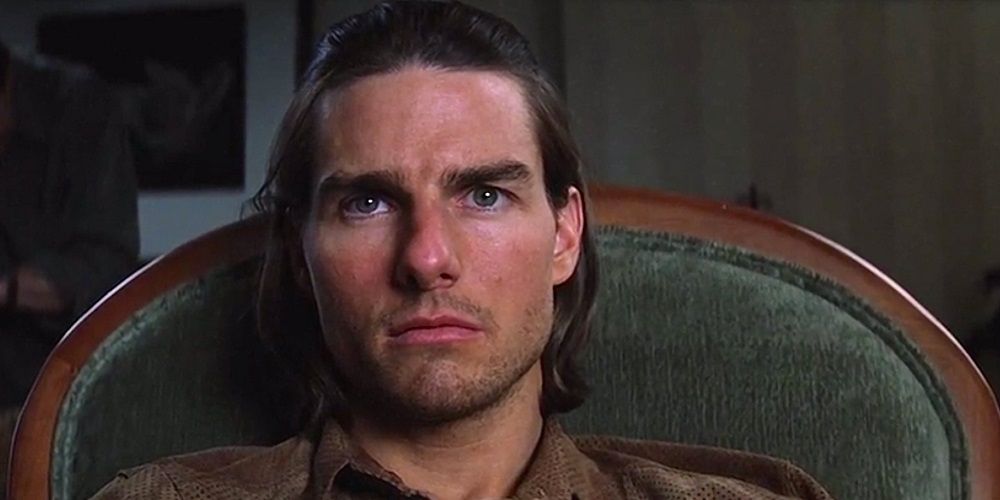
The apparent "womanizer" known as Frank T.J. Mackey spends much of his story being interviewed about his origins and ideals behind his rather chauvinistic program "Seduce and Destroy." Deep into the conversation, the interviewer begins probing a bit deeper, asking for clarification about various details that Frank has kept quiet about.
After catching him in a lie regarding his history, Frank looks intensely perturbed and stares daggers at the woman. Following a question as to what he's doing, he responds with this amusing gem. It's a classic moment for both Frank as well as his actor, Tom Cruise.
9 "Life Ain't Short, It's Long!"
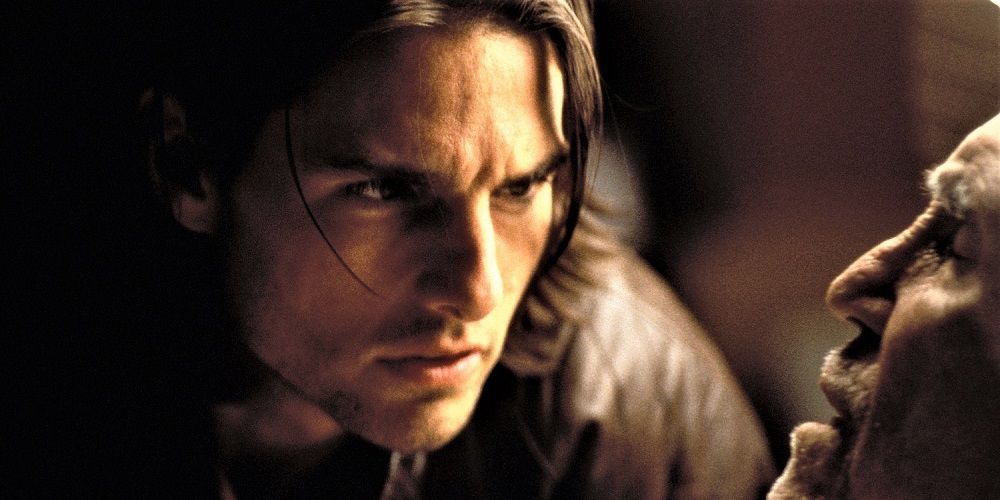
Serving as one of the many figures with an intertwined story - Frank's father, a former studio head named Earl, is on his death bed and spilling his emotional guts to the nurse, Phil. He breaks into quite an emotional sermon, wrought with regret and anguish, and laced with some elderly wisdom for Phil.
Amidst his speech, he utters this line, which, while brief, is a powerful character-defining moment and symbol of Magnolia's overarching themes.
8 "I Will Not Apologize For Who I Am. I Will Not Apologize For What I Need ..."

Getting back to the self-proclaimed macho man that is Frank Mackey, this quote is one among many that he states to the disciples of his "Seduce and Destroy" program. It's emblematic for his character in one sense, though it's also telling in its super emphatic delivery.
By this point in the film, Frank is becoming more introspective as he's being forced to reexamine his history - which he's clearly repressed - and reevaluate what he's doing. The way he makes this proclamation feels as though he's merely trying to convince himself of his place as a man who will "get what he wants" out of a woman.
7 "I'm Sick. I Have Sickness All Around Me And You Ask Me About My Life?"
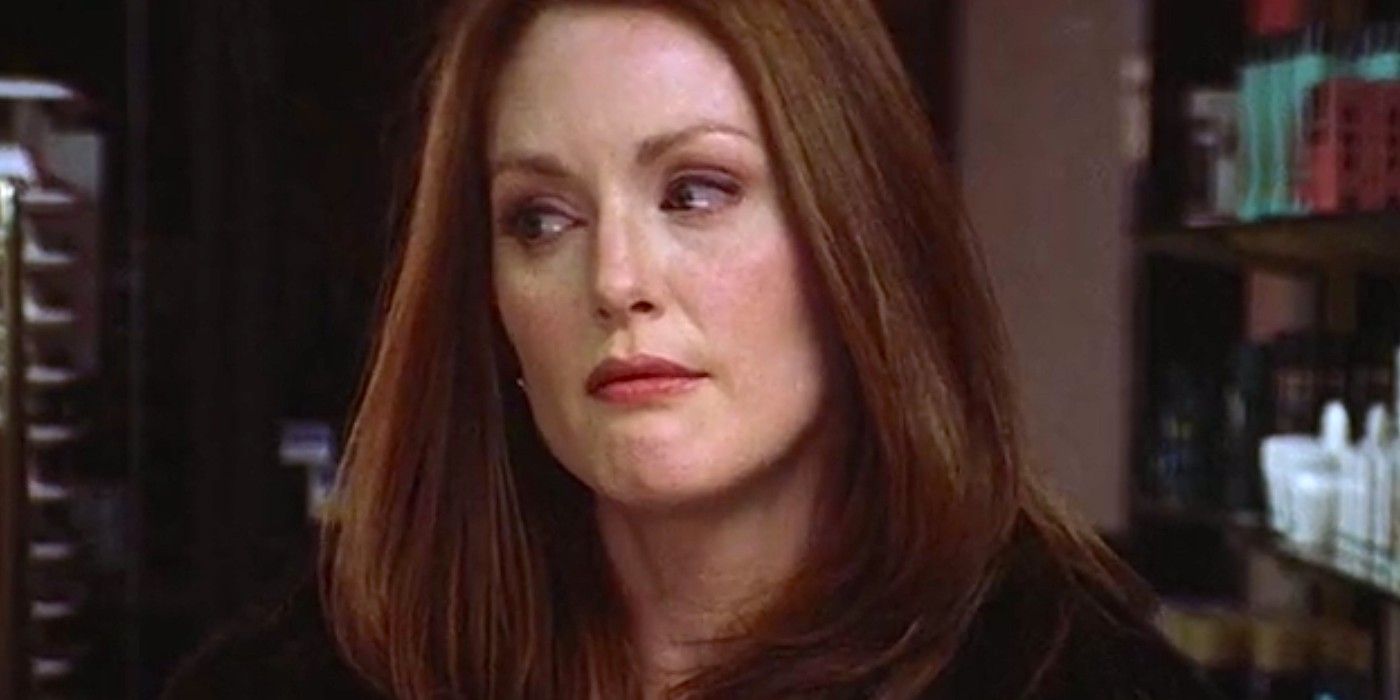
While there's no shortage of great performances in Magnolia, arguably the best comes from Julianne Moore's raw, visceral portrayal of Earl's wife, Linda. Throughout the film, she must cope with the guilt of cheating on him and exploiting his wealth, while dealing with, as she puts it, "sickness all around me." This is referring to both Earl's critical state, as well as her emotional torment during this moment.
This outburst to a chatty pharmacist makes for one of the most memorable, intense scenes in the film. It becomes clear at this point that Linda is on the brink.
6 "A Man Of Genius Has Been Seldom Ruined But By Himself."
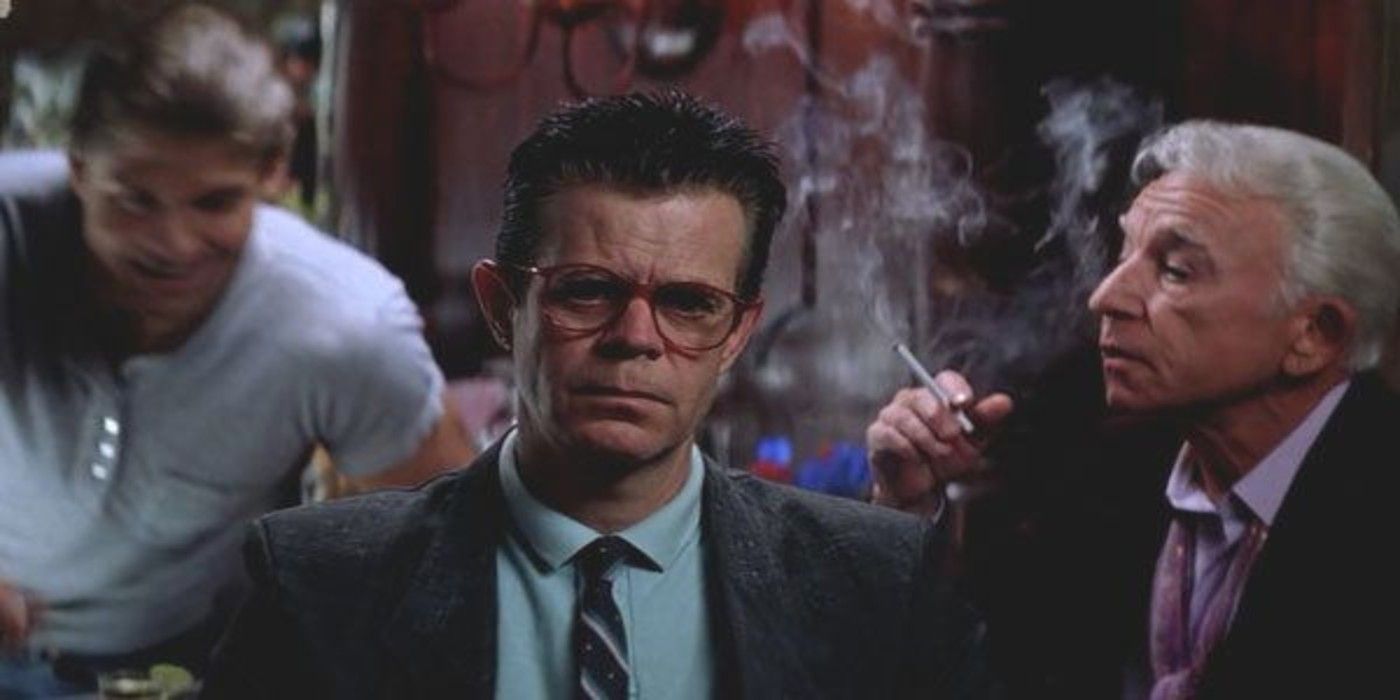
This is a peculiar one in that it's essentially a quote of a quote - specifically by the English writer, Samuel Johnson. Regardless, it's one of the more profound lines of dialogue spoken in the film. It's fittingly said to Donnie Smith, a former quiz show contestant whose brilliance has been marred by heavy drinking and anxiety.
Donnie Smith - along with the current champion of the game show, Stanley - represent a sort of wise and pure core amidst this otherwise chaotic, dark film. Donnie's story, which includes his parents taking his winnings and being struck by lightning, is a tragic one, punctuated by this line spoken by a patron at a bar he attends.
5 "I'm Gonna Teach You About The Worm ..."
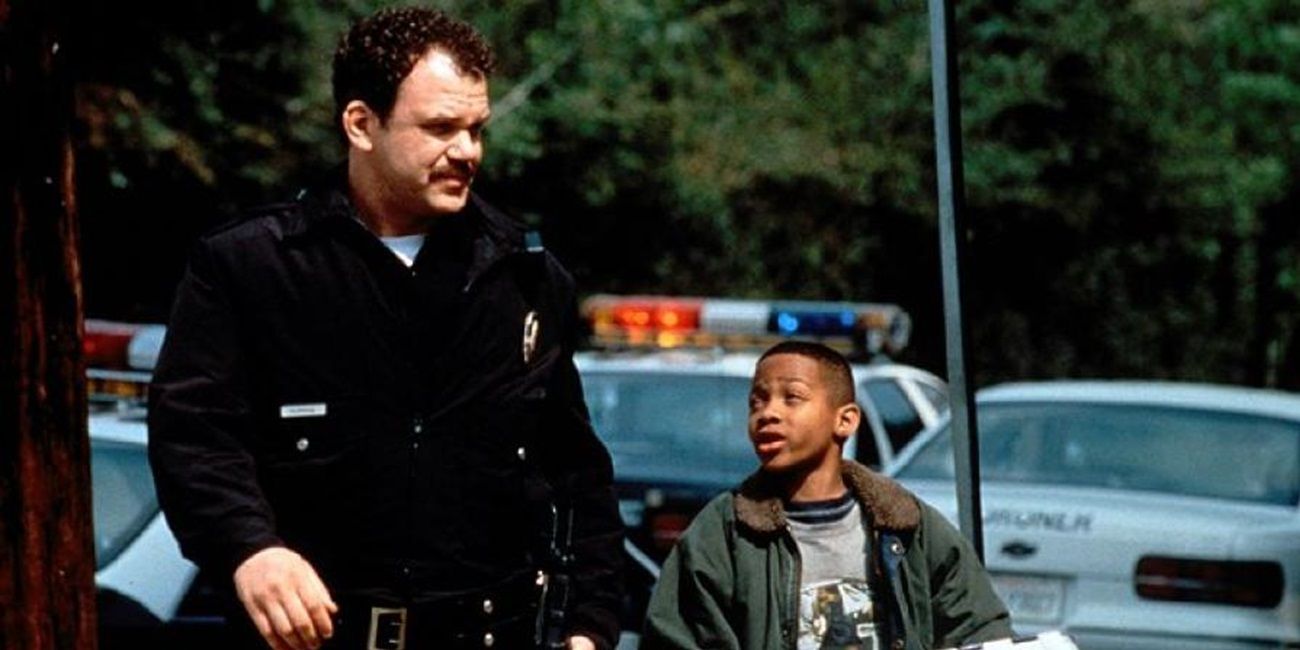
Anderson sprinkles in some subtle, but prominent biblical themes and references in Magnolia. A prime example of this motif is spoken by way of a freestyle rap from a boy named Dixon. The rap ambiguously refers to "The Worm" as a sort of unforeseen, dark presence in the film, confirmed by the next line in his rap, when he says - "he's running from the devil, but the debt is always gaining."
The literal translation and significance are open to interpretation. Still, many have seen this as representative of the more malignant nature of humanity shown in Magnolia, and its parallels with biblical allegory. It also has a very prophetic tone to it - keeping in line with the film's portrayal of a child's inner wisdom.
4 "This Was Not Just A Matter Of Chance ..."
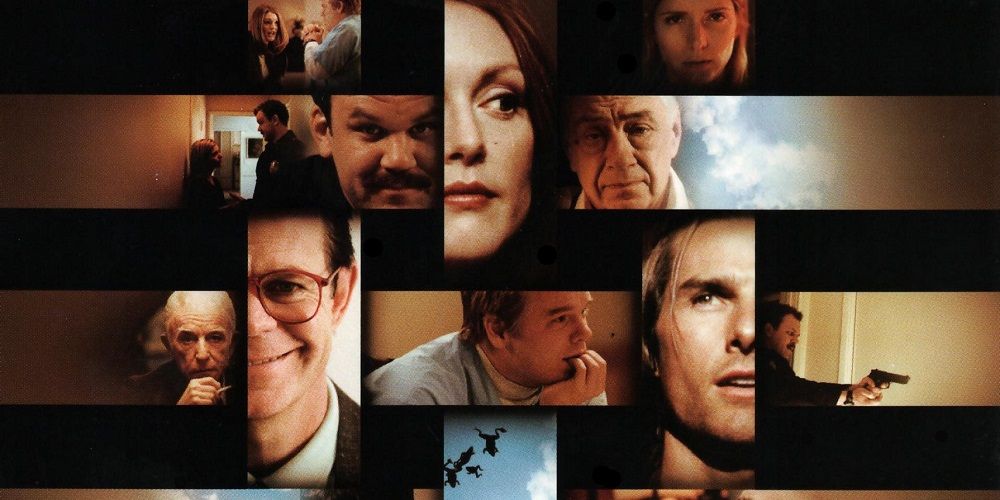
Anderson intrigues his audience right from the start of Magnolia, as viewers are shown a narrated collage of supposedly real events wrought with odd, eerie coincidences. It may seem segmented and unrelated to the film at large, but upon closer inspection, it actually parallels the array of intertwining characters, whom destiny is seemingly brought together in a separate, but collective journey towards peace and redemption.
This theme of "divine intervention," as it were, is reinforced by this statement from the unseen narrator.
3 "What Most People Don't See - Is Just How Hard It Is To Do The Right Thing."
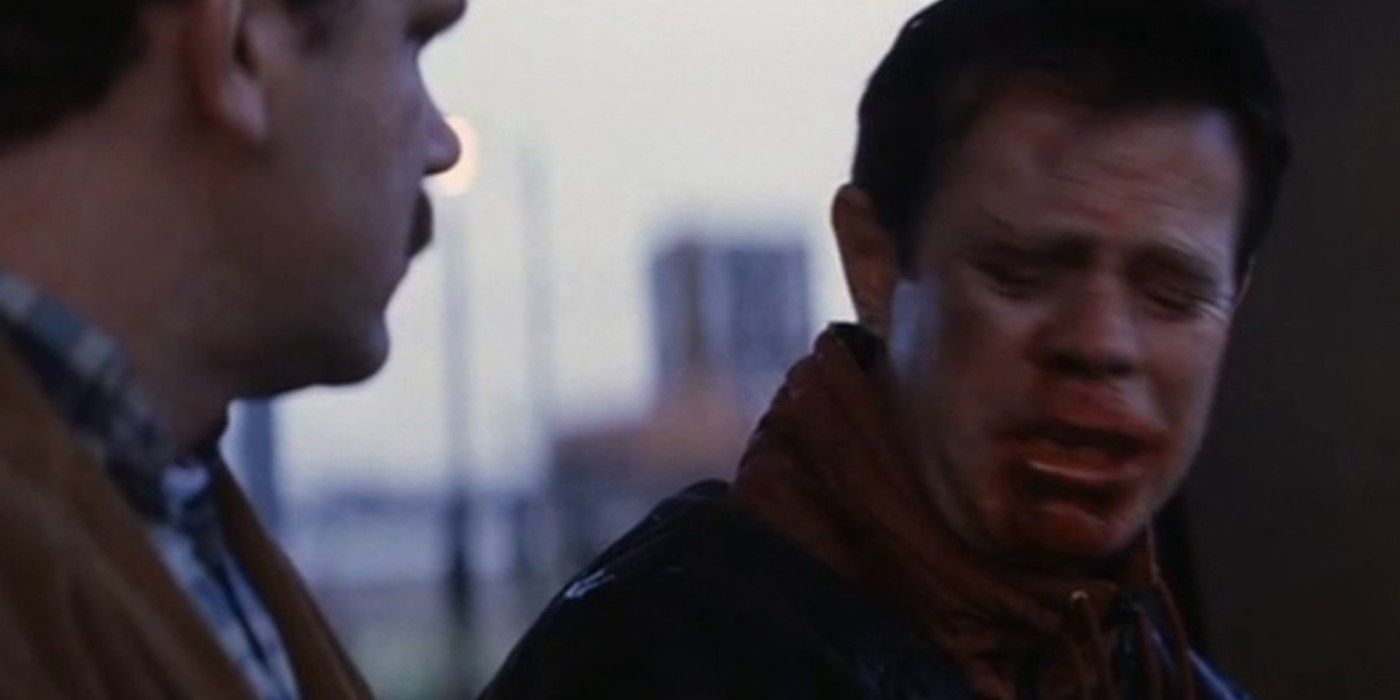
In addition to some of the children featured, police officer Jim Kurring (John C. Reilly) is also representative of a more lighthearted voice of reason in Magnolia. Rather than dealing with a dark past or trauma, he simply tries to do the right thing and desperately wants to be looked up to.
This line exemplifies Jim in a nutshell, as he spends much of the film interacting with the other more troubled characters, occasionally trying to steer them on the right path. The quote is in reference to Donnie's attempt to rob his place of business - though it could really apply to most of the figures in the film.
2 "It's A Dangerous Thing To Confuse Children With Angels."
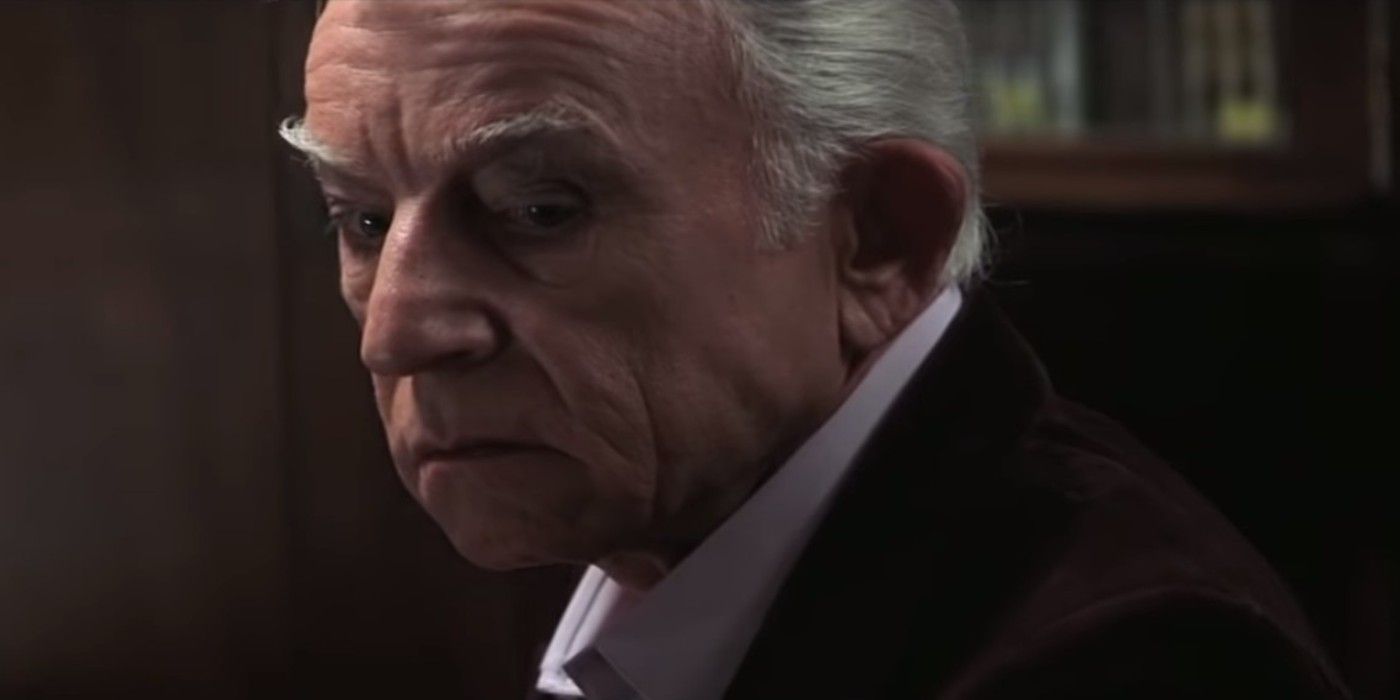
Magnolia's ongoing theme of kids representing goodness and wisdom is driven home with this line from the aforementioned bar patron.
The overarching nature of this message is apparent for just how out of place it is, and its lack of relevance to anything going on in the scene. It's one among many of Anderson's winks to the audience with regards to the underlying motifs of the film.
1 "... Maybe We Can Get Through All The Pi*s And Sh*t And Lies That Kill Other People."

One character unmentioned thus far may be Magnolia's most dynamic and intense - the daughter of a famous game show host, Claudia. She spends much of her story clearly trying to escape her troubled mind with loud music and drugs. She's seemingly endured much trauma, which the film implies resulted from sexual abuse by her father.
It's a dark and somber narrative, but one with a moderately happy ending, as she ends up with Jim, who brightens her spirits. She speaks this impactful line to Jim on a date, which is telling and relevant on a multitude of levels.
from ScreenRant - Feed https://ift.tt/34DD5n0

0 Comments